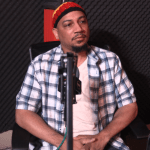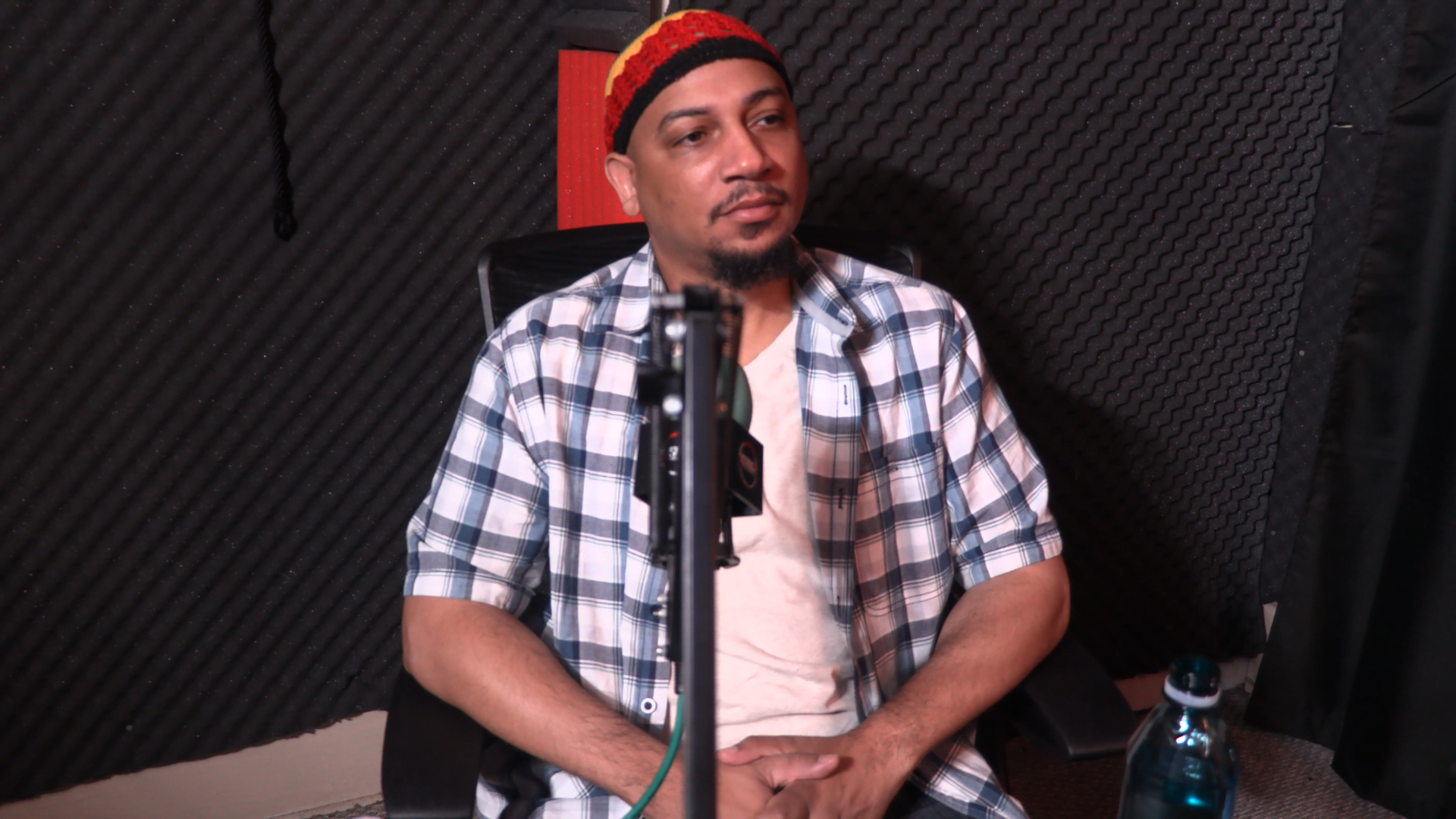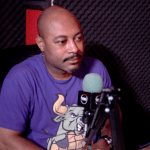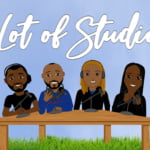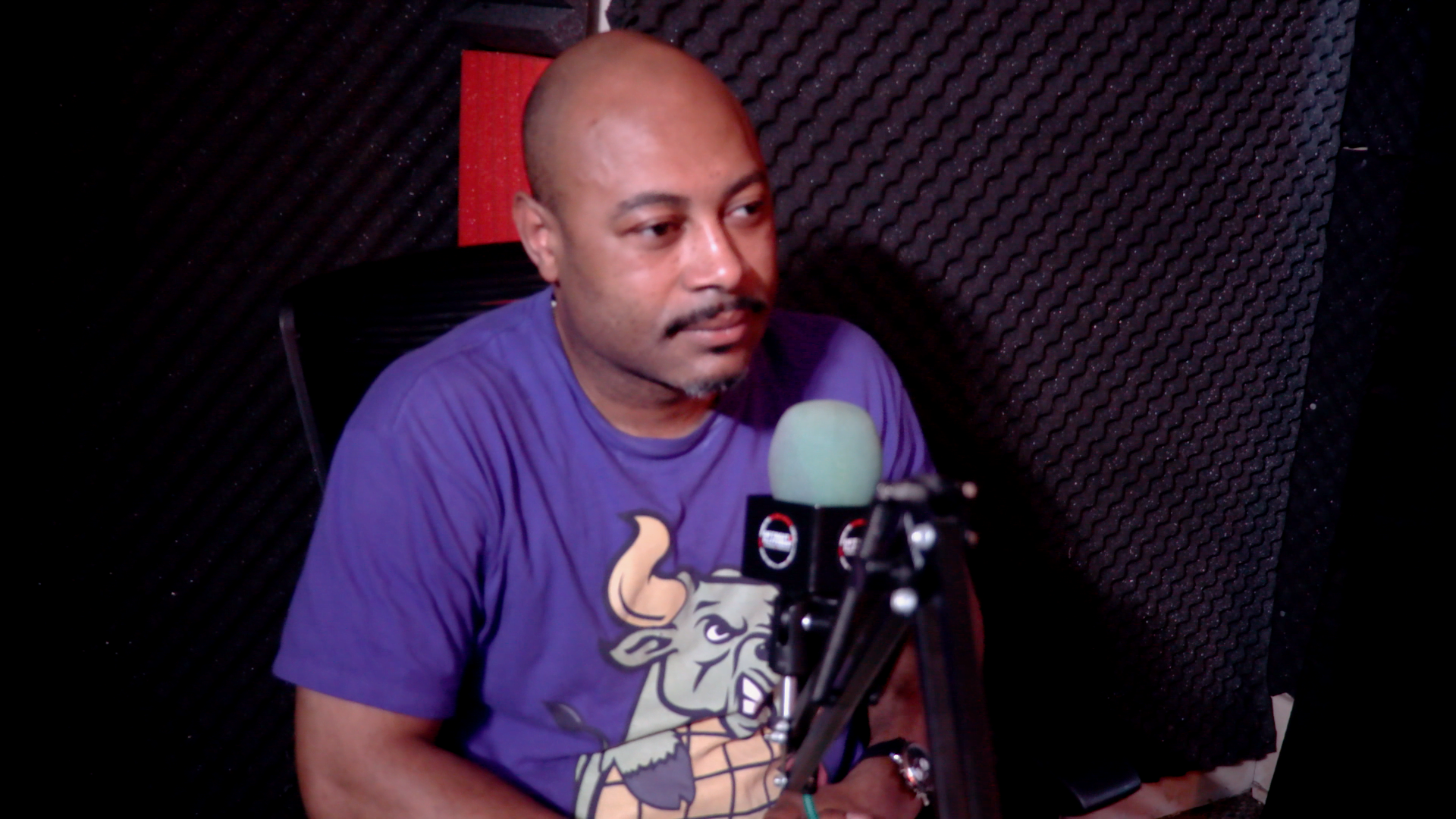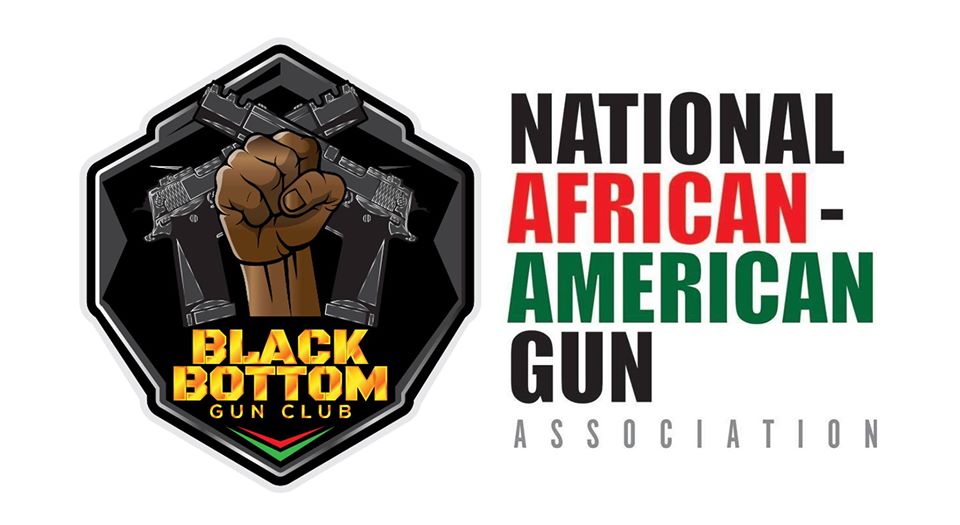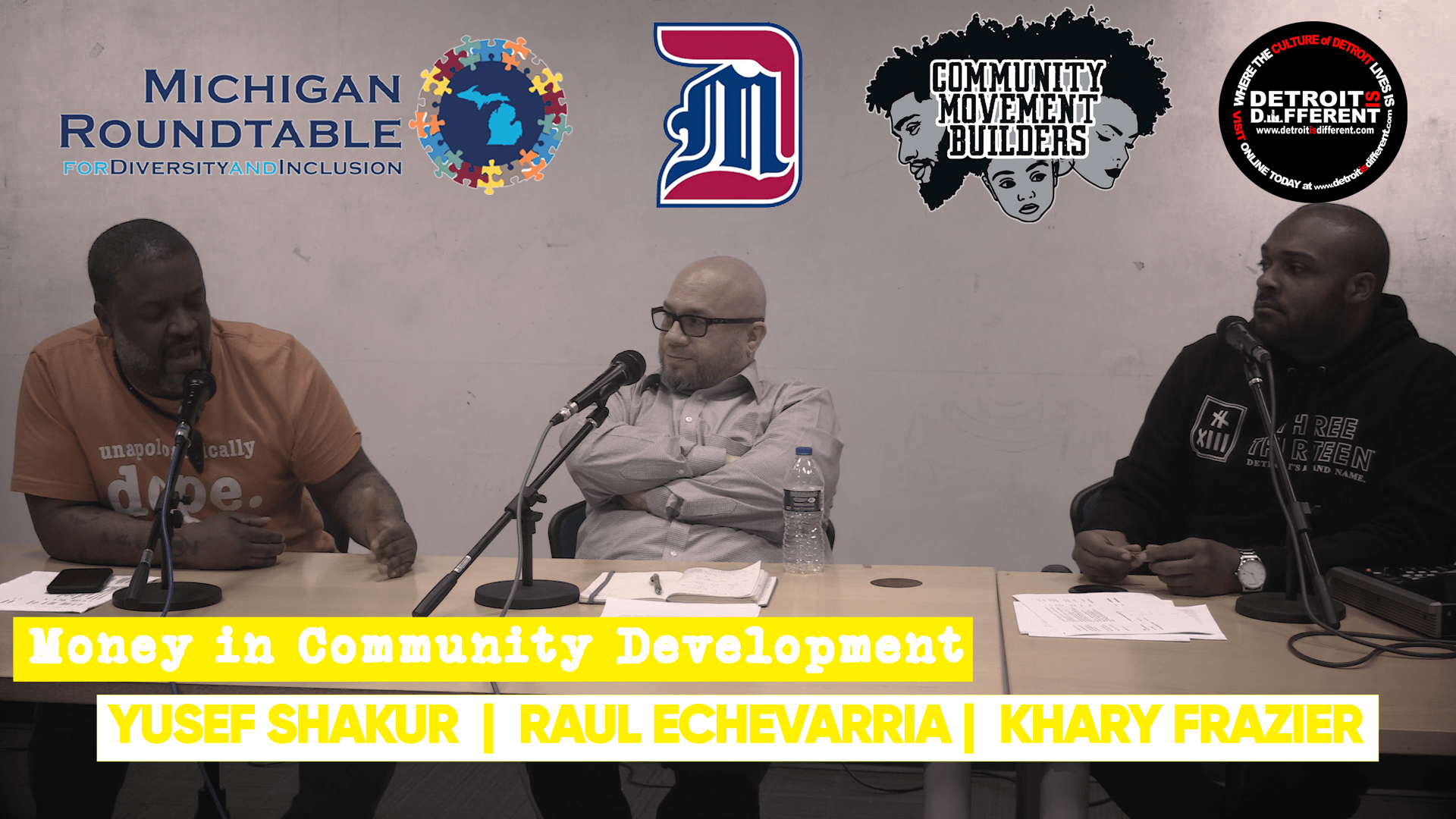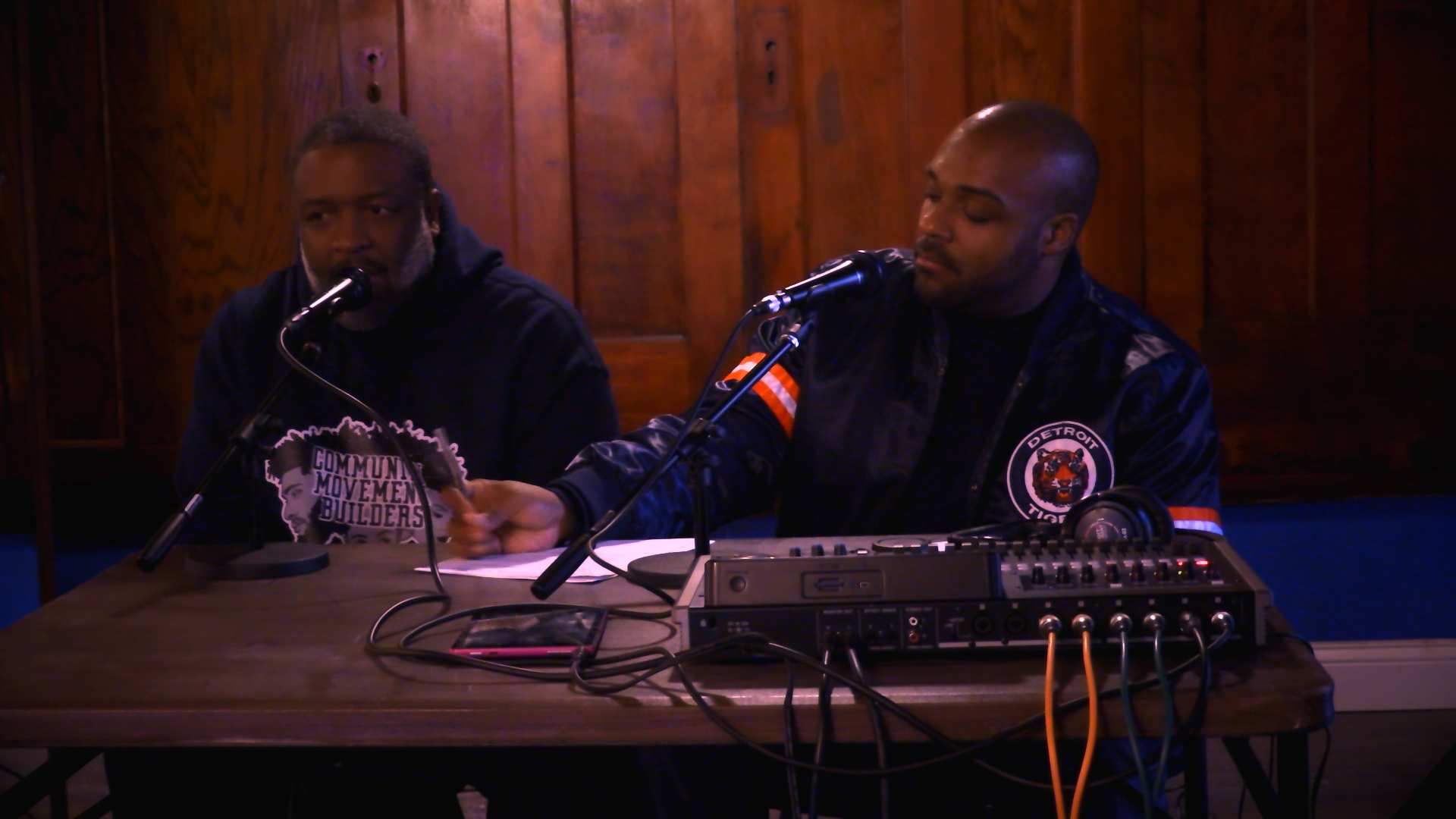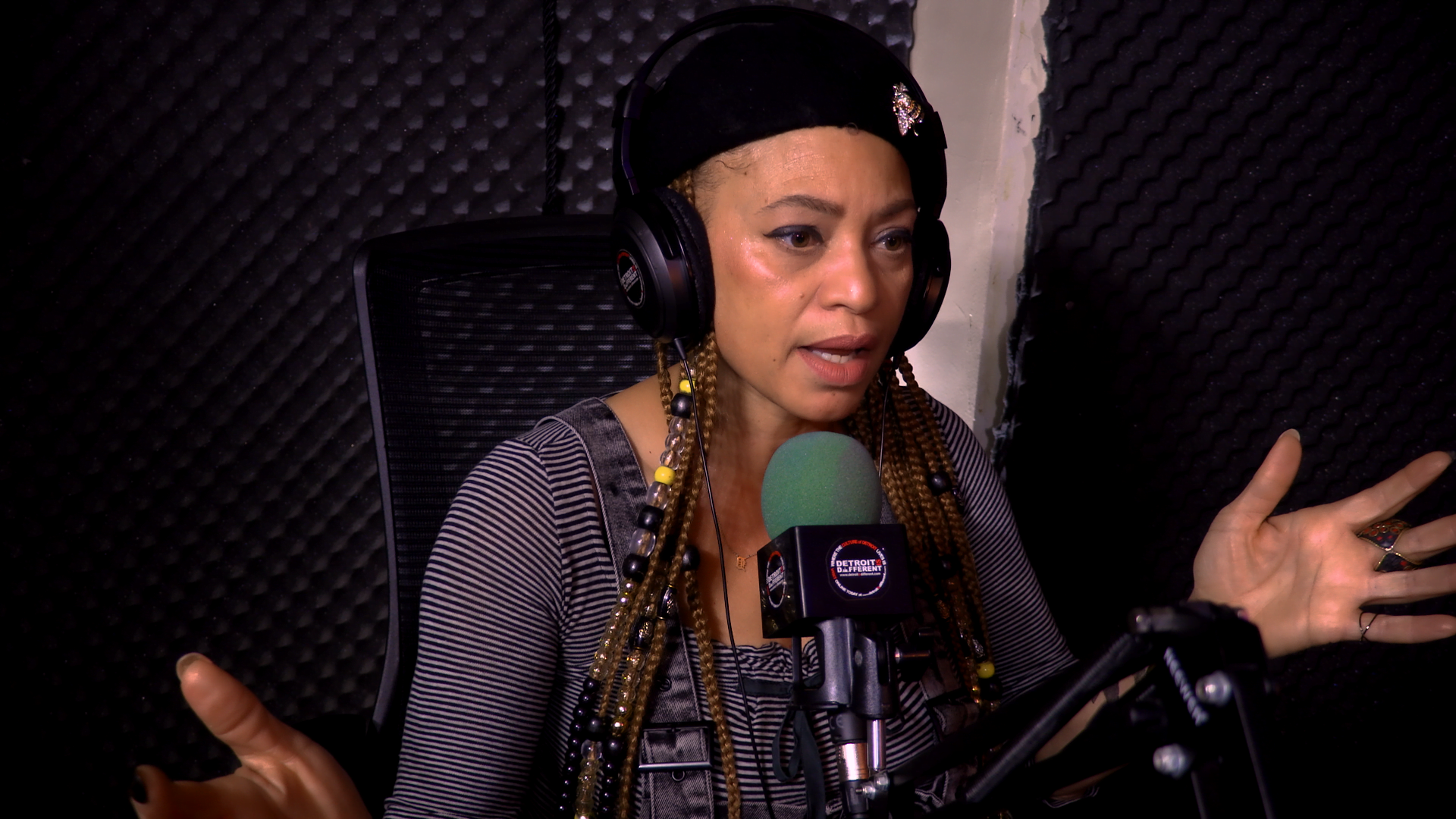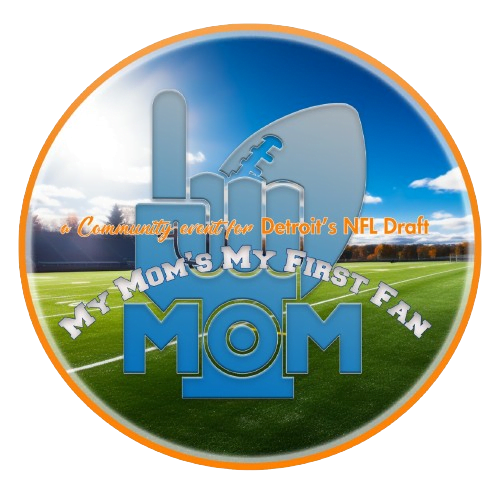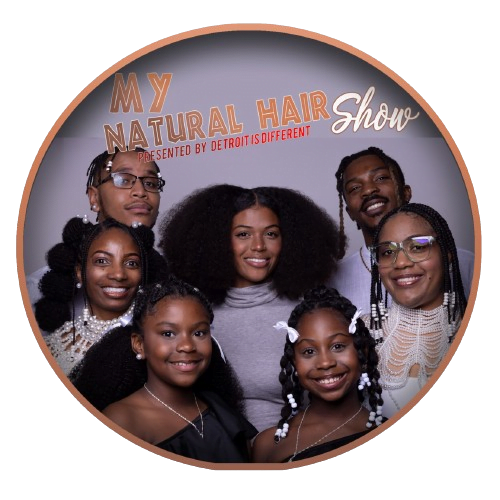What is a Lot of Studio
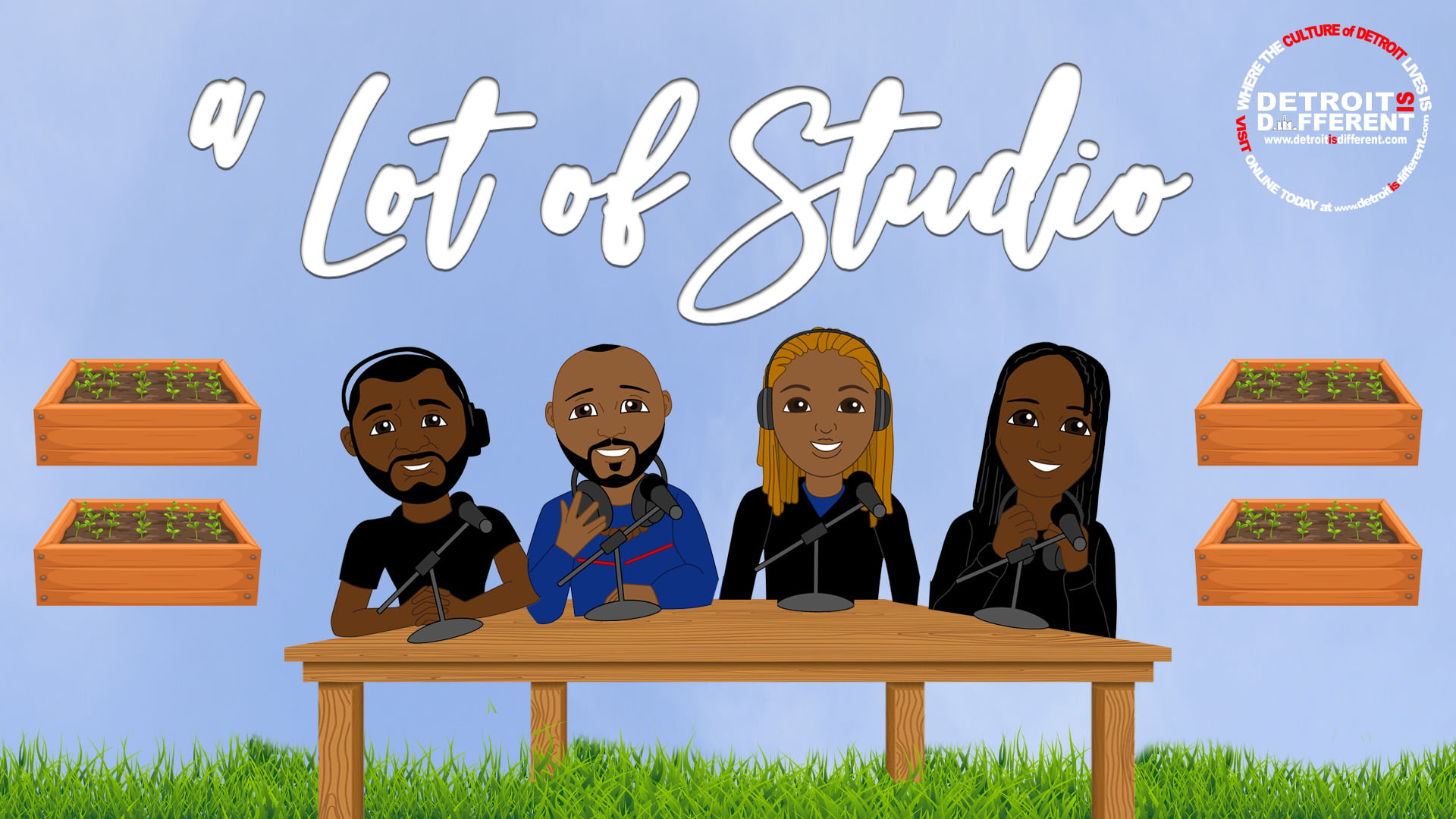
“We need to do something outside.” This is what Detroit is Different founder Khary Frazier will tell you when you ask about his big plans for the summer. Khary’s got a point — it’s the summer of 2021, and we’ve spent the past 14 months living, loving, struggling, recovering, fighting, healing, learning, grieving through a pandemic, and many of us may have spent a lot of that time indoors.
For you, maybe that’s meant looking into a computer screen, driving around in a car, lying in bed, sitting at a desk. For parents: homeschooling your kids through the online school. For kids: trying to be virtual students and classmates. For essential workers: going into work at risk. For creatives: being cut off from in-person collaborations. For caregivers of all kinds: providing for your loved ones while providing for yourself and your own wellness. For all of us: being separated from friends and family, and isolated from people and places that we love was difficult for many of us all …
At Detroit is Different, we’re emerging from this claustrophobic, isolating time with an eagerness to laugh, an urgency to do and create, and most of all, with a lot to say.
Here’s where Khary’s big summer plans come in. Starting on June 10th and running through the end of August, Detroit is Different will launch its first annual summer event series: a Lot of Studio. Located in the grassy lot just a few steps away from Detroit is Different incubator space, a Lot of Studio will give a new outdoor and in-person occasion for members of the community to enjoy each other’s company and creativity, breathe in the summer breeze, and of course, say what they want to say.
Structured like a live podcast and led by influential Detroiters as podcast hosts and featuring performances by Detroit-based artists, each event will be an oasis of creative expression and discussion. Of course, just as Detroit is Different is an incubator for Black culture and creativity, each a Lot of Studio itself will be a communal creation by and for Black Detroiters.
Each event will be what Khary calls a group podcast — hosts, guests, and audience will share in the podcast and performance experience together. Audience members are encouraged to contribute to what will be an open, fluid, and spontaneous conversation — so spontaneous that Khary doesn’t really know what each show will look like, and that’s what’s so exciting.
“It’ll be shocking,” he says. “We’ll be surprised where we end up. It’ll be about going with the flow and vibe of where people are and seeing what happens.” Every show will be different from the next, and probably different from what it was at the beginning.
Come to laugh, to speak, to eat, to listen, to learn, to teach. Come to take home vegetables from the Detroit is Different garden, maybe even catch the beginnings of summer sunsets behind the stage, and celebrate Detroit as the Black mecca that it is.
Thursday evenings, from June till August. Free and open to all. We’ll see you there!



